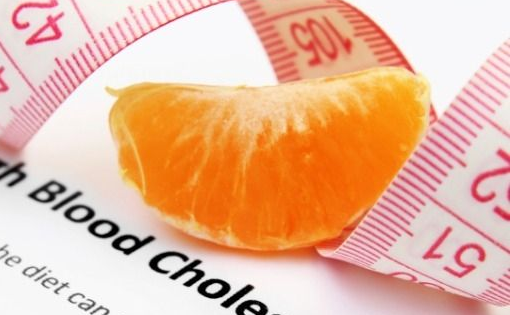Ways To Lower Cholesterol Levels
There are different ways to lower cholesterol. Before studying the methods to decrease cholesterol levels we will first try to understand what cholesterol is and what is its significant role in our body. Cholesterol is a kind of wax-like material that is used by our body for the protection of our nerve fibres, and is also used to create cell tissues in our body. It is also beneficial in the production of certain types of hormones in our body. The requirement of cholesterol by our human is fully produced by our liver. Our body also takes cholesterol directly from the meals that we eat.
The sources of cholesterol from meals features egg, take advantage of, meat and all types of take advantage of products. The main thing that you should know about cholesterol is that you should keep the stage of cholesterol under management. It should be neither higher nor low than necessary. Maximum cholesterol is very dangerous for our health. Here is ways to lower cholesterol.
A high cholesterol stage raises the risk of heart stroke and cardiac arrest in our body. You should remember that cholesterol is of two types, excellent and bad. Good cholesterol is essential for our body and bad cholesterol impacts our body adversely. Therefore it is crucial to keep bad cholesterol under management.
Ways To Lower Cholesterol
ways to lower cholesterol There are different ways to lower cholesterol levels in our body. There are also many drugs that are available in the market to decrease the stage of cholesterol. You should take these drugs only upon appointment with your physician. But you should always keep in mind that cholesterol management drugs are beneficial only when you should also modify your lifestyle. The first ways to lower cholesterol should always be a modify in your lifestyle – such as dieting plan modify and using a physical fitness schedule.But in case you don’t get any benefit from changing your lifestyle, then you are necessary to have some ways to lower cholesterol. These drugs should be taken along with fitness. Only then these drugs may help in decreasing the stage of cholesterol.
Ways To Lower Cholesterol Using Drugs
ways to lower cholesterol levels Before starting this type of drugs, you should take advice from your physician and stringently do as instructed. Only then you can succeed in keeping the stage of cholesterol under management. And once you have achieved an excellent healthy lifestyle, you can then consider other normal ways to decrease cholesterol levels.Like most people who have high-cholesterol, you may want to find a normal ways to lower cholesterol levels. For sure when you went to see your physician, you were certainly told to modify your eating plan and to have a physical fitness. These are two staple items that you can do to help you decrease your cholesterol.
While these two methods are practical and possible ways to lower cholesterol, still sometimes there are moments that you overlook doing it for some legitimate reasons like attending parties or when you are down with flu. These two predictable situations will lure you to eat the wrong meals, and of course when you are ill, you are only restricted to your bed.
So this leaves you with another means to create certain that while you are in a party or when you are ill, still your human is protected from having high cholesterol. If you have heard of normal cholesterol decreasing supplements, then perhaps you know ways to lower cholesterol.





















